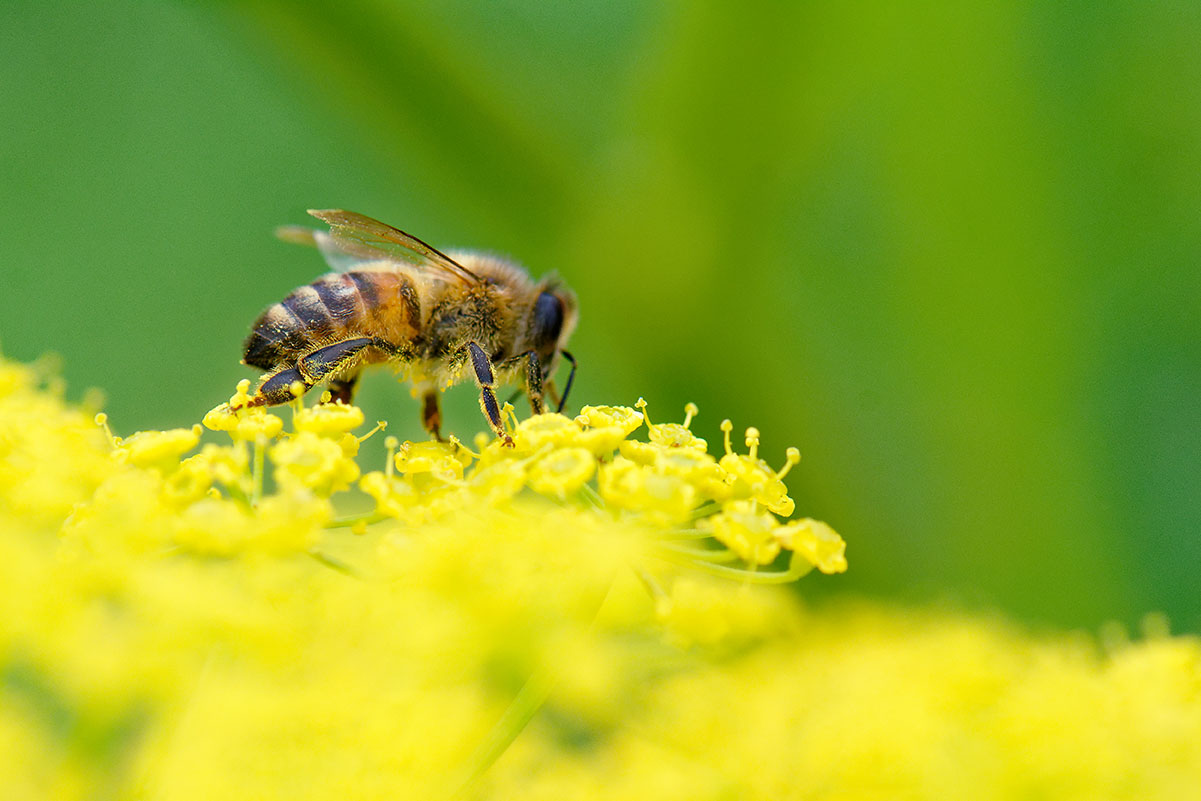

Interdependence is the state of two or more things relying on each other. In the natural world, interdependence is seen in the relationships between plants, animals, and the environment. For example, plants need sunlight, water, and nutrients from the soil to survive. Animals need plants to eat, and they also need the environment to provide them with shelter and a place to raise their young.
Interdependence is also seen in human societies. People rely on each other for food, shelter, clothing, and many other things. We also rely on each other for emotional support and companionship.
Interdependence is an important part of life. It helps us to survive and thrive. It also helps us to build strong relationships and communities.
The two ecosystems are interdependent on each other for survival.

Noun: Interdependence is the state of being mutually dependent on each other.
Adjective: Interdependent means mutually dependent on each other.
The word "interdependence" is made up of two Latin words:
Inter: This means "between" or "among".
Dependere: This means "to hang" or "to be suspended".
So, the word "interdependence" literally means "to hang between" or "to be suspended between". This is a very accurate description of the meaning of the word, as it refers to the state of being mutually dependent on each other.
What does interdependence mean?
Question:
Define the concept of interdependence in ecosystems and explain its significance in maintaining ecological balance. Provide two examples of interdependence among different organisms within an ecosystem and how disruptions to these relationships can impact the entire ecosystem.
Answer:
Interdependence in Ecosystems:
Significance of Interdependence:
Examples of Interdependence:
Address
Developing Experts Limited
Exchange Street Buildings
35-37 Exchange Street
Norwich
NR2 1DP
UK
Phone
01603 273515
Email
hello@developingexperts.com
Copyright 2025 Developing Experts, All rights reserved.